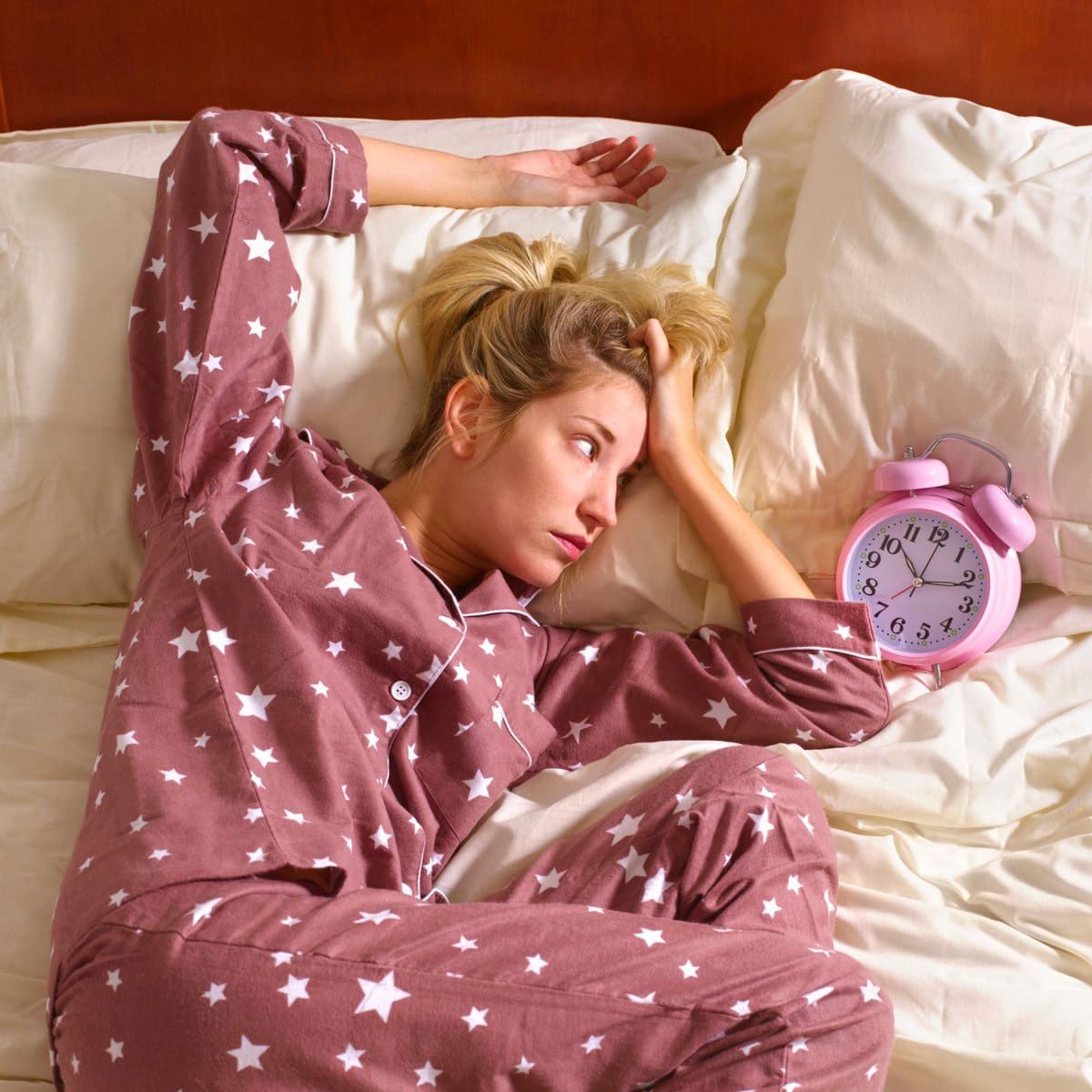Did you know that you could be getting 8 hours of “sleep” a night as recommended by doctors and still have insomnia? Most people think of tossing, turning, and staring at the ceiling for hours when thinking of insomnia. However, the definition is much broader.
“Insomnia is the inability to fall asleep, stay asleep, or feel rested upon awakening,” says Dr. Vikki Petersen, certified clinical nutritionist, chiropractor, and certified functional medicine practitioner. “Even if someone ‘feels’ as if they slept, if they are in a very light sleep or have a lot of interruptions in their sleep, it is still considered insomnia.”
The effects of insomnia can be reduced and, in most cases, stopped altogether. Here are Dr. Petersen’s top 5 common causes of insomnia and what to look out for:
Food Allergies or Sensitivities
- Your immune system works at night when you are deeply asleep. It requires a stable blood sugar level to perform its activities. If you eat foods you are allergic to or sensitive to, your blood sugar will be erratic, resulting in food cravings and needing to eat more often. The unstable blood sugar will, during the night, result in a decreased melatonin level and a loss of deep sleep.
Hormone Imbalance
- Melatonin is your sleep hormone, and you need it to be produced at normal levels to enjoy a sound sleep. Various lifestyle factors can interrupt melatonin production, including engaging in stressful activities at the end of the day, bright light before bedtime, the lack of a darkened and cool room in which to sleep, a heavy meal before bed, and more. The male and female sex hormones similarly need to be balanced to enjoy deep and restorative sleep. Diminished hormonal levels around the menstrual cycle during menopause and deficient testosterone in men (for various causes) tend to cause insomnia.
Hidden Infections
- During sleep, your immune system releases cells (NK or natural killer cells) that compose your immune defense army. It is the design of your body to “clean house” and rid you of any inhospitable bacteria, viruses, toxins, and cancer cells during rest. This is why if you have bad flu or cold, all you want to do is sleep. Your immune system’s cells require a steady fuel source to accomplish their nocturnal activities. If an infection or toxicity is chronic, meaning your body has been trying to deal with it for a while, there has been a long-term drain on your immune system and its cells. The added burden to “clean house” activities from these chronic issues can create a steep drop in blood sugar during the night, forcing your body to come out of sleep. These hidden infections or toxins must be identified and treated (naturally, if possible) to unburden your overtaxed immune system and facilitate sleep.
Low Blood Sugar
- Your metabolic rate is designed to slow down during sleeping hours so that you do not need to eat at that time. However, factors that cause your blood sugar to dip too low during sleep (infections, poor food choices, food sensitivities, etc.) will result in your body coming out of sleep to prevent a low blood sugar “coma.” It is a protective response of your body to awaken you.
Excessive Caffeine
- It is estimated that about 12% of the caffeine contained in your morning cup of coffee is still present at bedtime. This isn’t enough to disrupt sleep for many, but it can be a component for some. If you have trouble sleeping, consider holding off the caffeine for a week and notice if your sleep improves.
,type=downsize)





